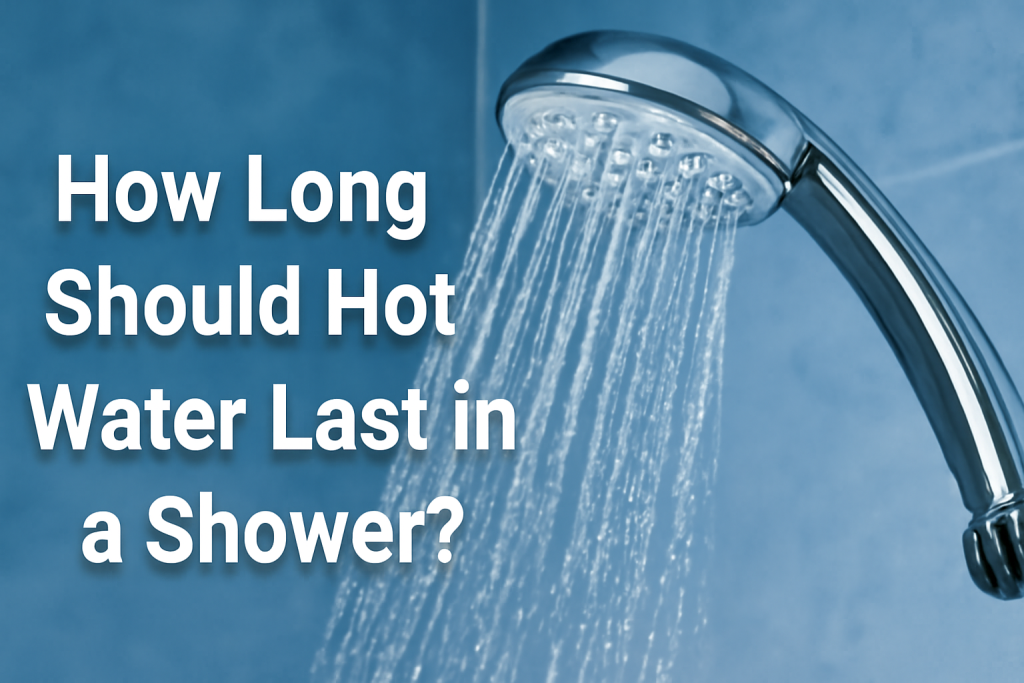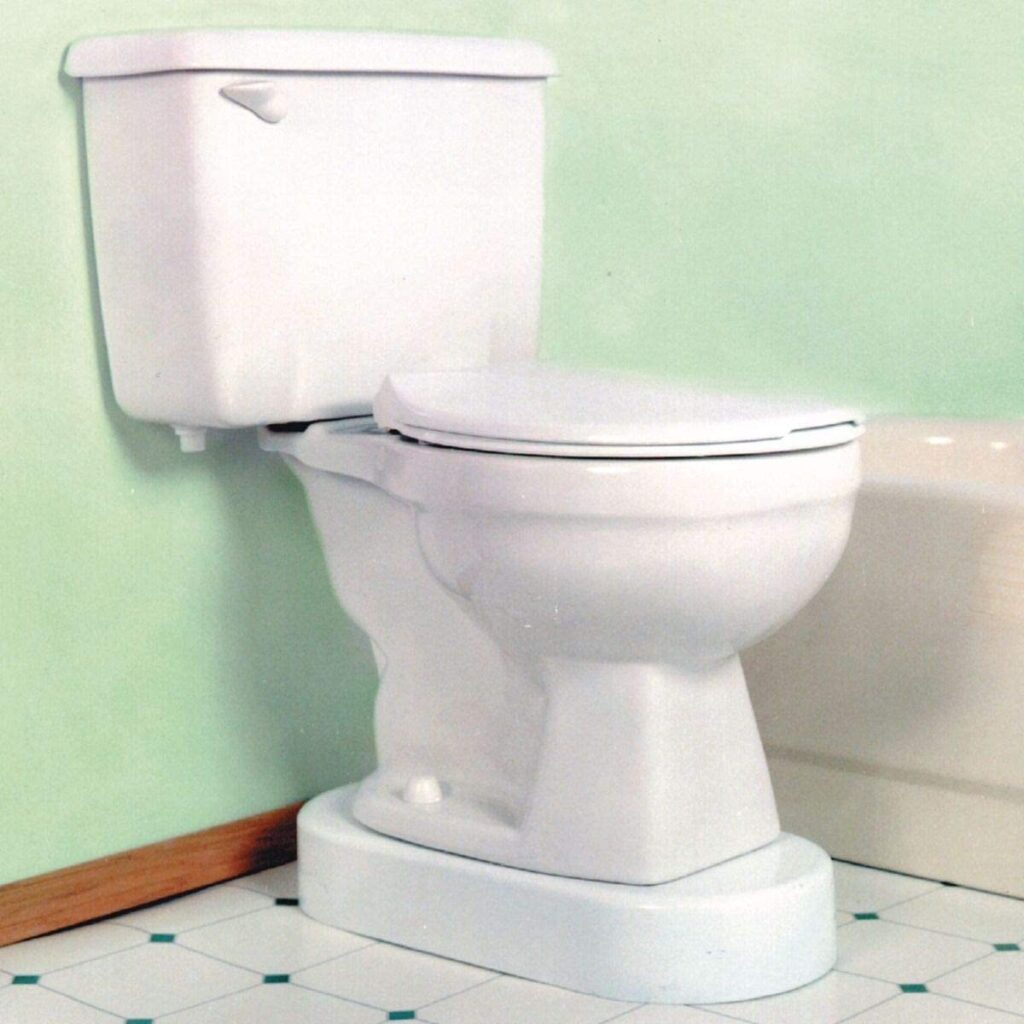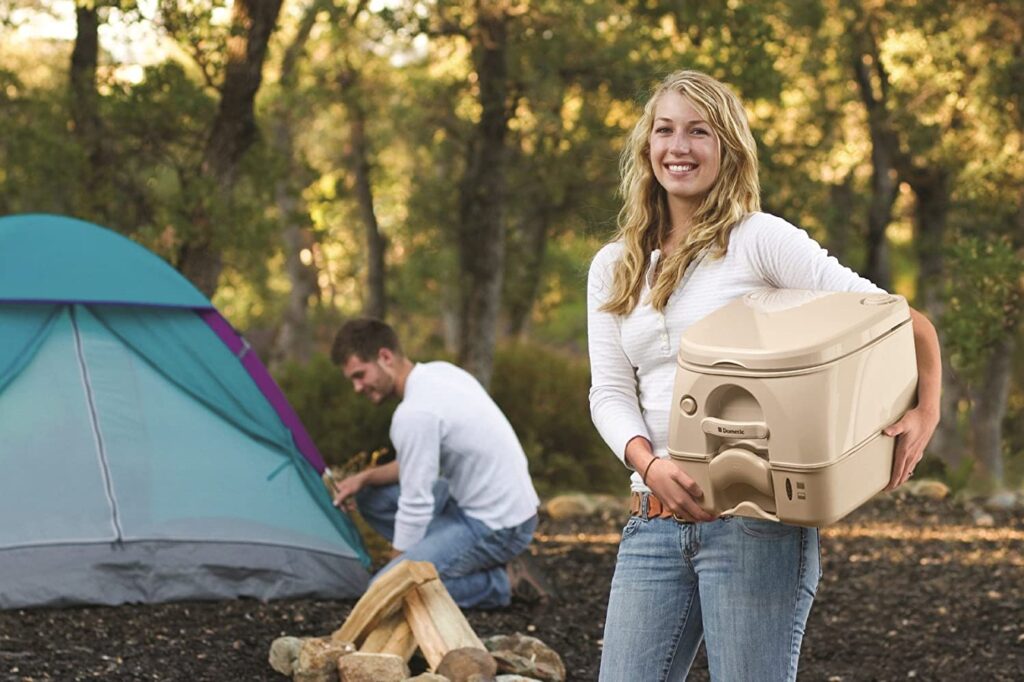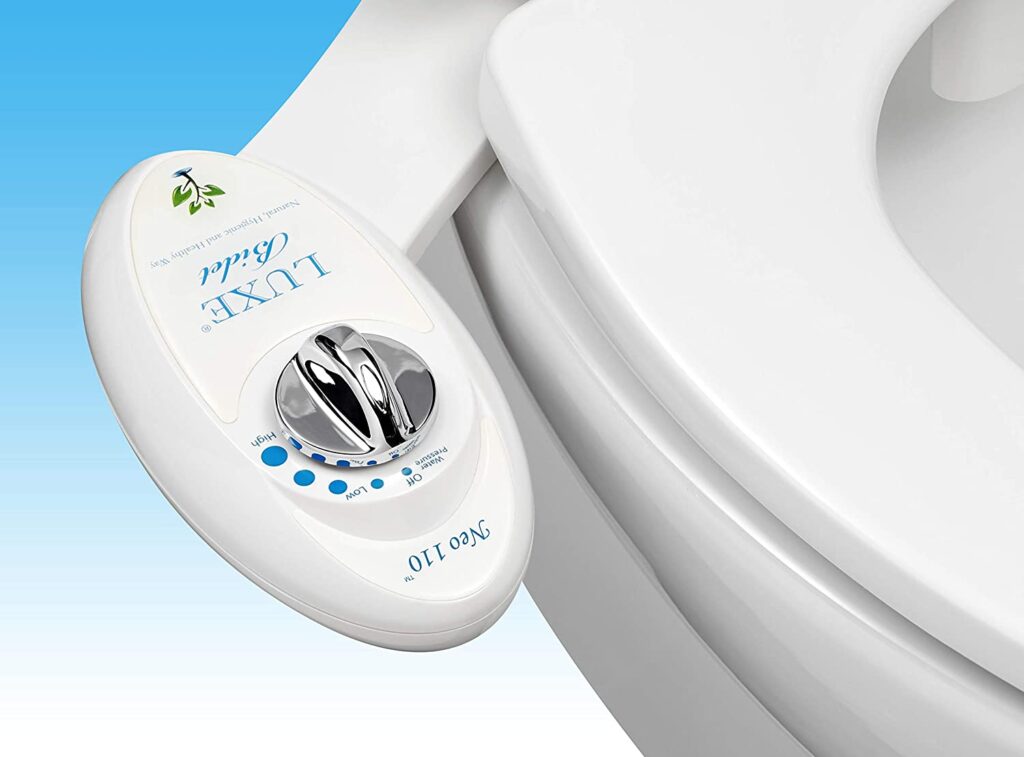 Hot showers are a staple in every household, providing a refreshing start to your day or a relaxing end to it. But have you ever wondered how long the hot water will last during your shower? The answer isn’t as straightforward as you might think, as several factors come into play. In this article, we’ll explore how long hot water typically lasts, what affects its duration, and tips on how to make sure you have enough hot water every time.
Hot showers are a staple in every household, providing a refreshing start to your day or a relaxing end to it. But have you ever wondered how long the hot water will last during your shower? The answer isn’t as straightforward as you might think, as several factors come into play. In this article, we’ll explore how long hot water typically lasts, what affects its duration, and tips on how to make sure you have enough hot water every time.
Table of Contents
Factors Affecting Hot Water Duration
1. Water Heater Size
The size of your water heater plays a crucial role in how long your hot water lasts. If you have a small tank, you’ll likely run out of hot water quickly, especially if multiple people are using it at the same time. Standard residential water heaters usually range from 30 to 50 gallons. For example, a 40-gallon tank typically provides 30-45 minutes of hot water for a single shower. However, larger families or homes with multiple bathrooms may need a larger tank or more efficient system to ensure everyone gets their share of hot water.
2. Water Heater Efficiency
The efficiency of your water heater can make a big difference in how long hot water lasts. Older models tend to lose heat more quickly, meaning the hot water runs out faster. In contrast, newer energy-efficient models are designed to retain heat longer, allowing for longer showers without the risk of cold water sneaking in. Modern water heaters can even recover faster after a shower, giving you more time to enjoy hot water for subsequent uses.
3. Water Flow Rate
The flow rate of your showerhead determines how much water flows through it each minute. Standard showerheads have a flow rate of about 2.5 gallons per minute (GPM). If you have a high-flow showerhead or a powerful rain shower, the water will be used up faster. Low-flow showerheads, on the other hand, restrict the water flow and allow you to use less hot water per shower, extending the duration of your hot water supply.
4. Temperature Settings
The temperature you set on your water heater impacts how long hot water lasts. If you like your showers super hot, your water heater will need to work harder to maintain that temperature, which may result in hot water running out more quickly. Lowering your water heater’s temperature to around 120°F (49°C) can reduce the demand on your heater and ensure you have more hot water during each shower.
5. Household Size and Usage Patterns
The more people you have in your household, the more frequently hot water will be used. If several people are showering one after another, the tank may not have enough time to fully reheat between showers, leading to shorter hot water durations. This is especially true if the entire family likes to take long, hot showers. Consider staggering shower times or investing in a larger water heater to accommodate the demand.
Typical Hot Water Duration for Different Systems
1. Tank Water Heaters
Traditional tank water heaters, also known as storage water heaters, store a set amount of hot water. Typically, a 40-gallon tank can supply hot water for about 30-45 minutes of shower time. The duration depends on factors like the showerhead’s flow rate and the temperature setting. Once the hot water is depleted, the tank needs time to reheat the water, which can take anywhere from 30 to 60 minutes.
2. Tankless Water Heaters
Tankless water heaters, also known as on-demand heaters, provide hot water continuously as long as there is water flowing through them. These systems don’t store water, so they’re capable of providing endless hot water. However, they do have limits based on the number of fixtures using hot water simultaneously. For example, a tankless water heater may struggle to supply enough hot water for both the shower and the washing machine running at the same time. If you’re looking for a consistent supply of hot water, a tankless system might be your best option, but it’s essential to choose a model that suits your household’s water usage needs.
3. Solar Water Heaters
Solar water heaters use the sun’s energy to heat the water, which can be a great energy-saving option. However, the duration of hot water availability depends on sunlight exposure. In regions with plenty of sunlight, solar heaters can provide ample hot water, but in overcast or colder climates, you might need a backup system (like an electric heater) to ensure a consistent supply. The duration of hot water availability from solar heaters may vary based on weather conditions and the system’s storage capacity.
Tips to Extend Hot Water Duration
1. Install a Water Heater Timer
A water heater timer can help you manage your hot water usage more efficiently. With a timer, you can schedule when your water heater turns on and off, preventing it from running continuously. This can help reduce energy consumption and ensure that hot water is available when you need it most.
2. Upgrade to a More Efficient Water Heater
If you have an old water heater, upgrading to a more energy-efficient model can significantly improve the amount of hot water available and how long it lasts. Look for models with high Energy Factor (EF) ratings that retain heat better and recover faster. Tankless water heaters and hybrid models are excellent options for homes with high hot water demand.
3. Reduce Shower Flow Rate
Switching to a low-flow showerhead is one of the easiest and most cost-effective ways to extend the duration of your hot water. Low-flow showerheads typically use less than 2 gallons of water per minute, which can drastically reduce water consumption and help make your hot water last longer.
4. Insulate Water Pipes
One of the reasons hot water runs out so quickly is due to heat loss while it travels from the heater to your showerhead. Insulating your pipes can help reduce heat loss, ensuring that your hot water stays hot for longer periods. This simple upgrade can help extend the duration of hot water by preventing unnecessary temperature drops.
What to Do If Hot Water Doesn’t Last Long Enough
1. Check for Malfunctions
If your hot water is running out too quickly, it could be due to a malfunction in your water heater. Common issues include thermostat problems, sediment build-up in the tank, or faulty heating elements. If you notice your hot water supply is inconsistent, it’s worth having a professional inspect your system.
2. Consider Upgrading Your Water Heater
If your current water heater can’t keep up with your household’s demands, it may be time to upgrade to a larger tank or a tankless system. Evaluate your family’s water usage and choose a water heater that meets your needs. A larger tank or a more efficient system can help ensure that hot water is always available when you need it.
Conclusion
The duration of hot water in the shower depends on several factors, including the size and efficiency of your water heater, the flow rate of your showerhead, and your household’s water usage patterns. By understanding these factors and implementing simple tips like upgrading your water heater, reducing water flow, or installing a timer, you can ensure that you always have hot water when you need it most.
If your hot water still doesn’t last long enough despite making these changes, it may be time to consider a more significant upgrade to accommodate your household’s needs. Whether you choose a larger tank, a tankless system, or a solar-powered water heater, the right system can make all the difference in your daily comfort.






